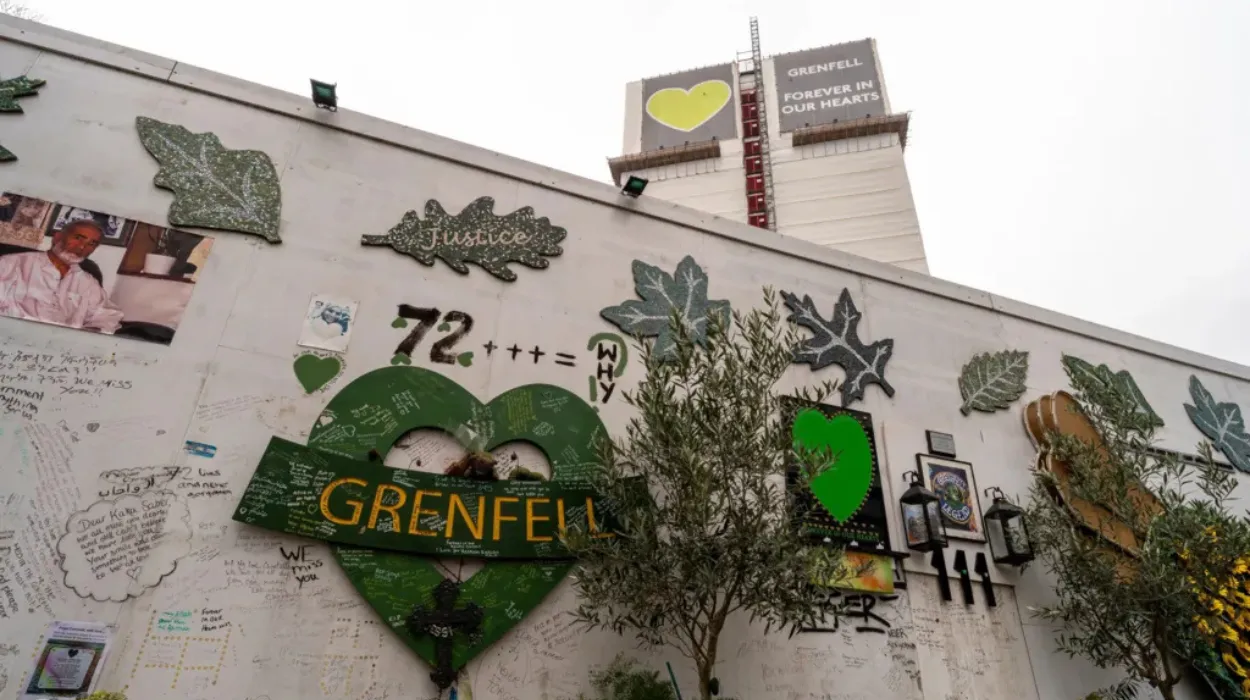Kensington And Chelsea (Parliament Politics Magazine) – A contractor involved in Grenfell Tower’s refurbishment before the 2017 fire is legally challenging a ban by Kensington and Chelsea Council (RBKC).
It follows RBKC’s November extension of a ban on contractors working on the tower’s renovation, which included Kingspan, Celotex, Arconic, and Rydon. Additional businesses, such as Siderise Insulation, were later added.
The council’s decision, according to Siderise, was “without foundation or justification” because its products didn’t fit the council’s own prohibitive standards.
A representative for RBKC, however, stated that the council upheld its ruling.
Emma O’Connor, who and her partner fled the 20th floor of the building in an elevator after the fire, expressed her shock at finding about Siderise Insulation’s legal battle.
“My first thoughts were ‘they can’t be serious’. We didn’t ask for our lives to be disrupted by this fire. It’s complete and utter disbelief,”
She told the Local Democracy Reporting Service.
Some of the cavity barriers used in the tower’s 2015–16 renovation were made by Siderise.
The company, however, filed a judicial review against the council on Tuesday, claiming that the ban on its products was “unwarranted” due to the fact that they failed to meet the council’s own standards.
A Siderise spokesperson said:
“While Siderise products were used in the Grenfell refurbishment, the Grenfell Inquiry report is clear that neither Siderise nor its products contributed to the tragic fire or its spread, and there is no suggestion that Siderise was not candid before the inquiry, and therefore this exclusion is unwarranted.
The RBKC decision is therefore without foundation or justification.
Siderise is acting to protect its reputation as a British manufacturer which supplies its products globally.”
The Phase 2 report of the Grenfell Inquiry stated that certain elements of Siderise’s marketing materials “gave cause for concern” but did not find any proof of the company’s dishonest behaviour.
Additionally, it was found that Siderise had provided cavity barriers that could be used in voids bigger than the ones for which they had been tested.
The Lamatherm cavity barriers utilized in the renovation were produced by the company.
However, Siderise’s representative claimed that its goods were and still are suitable for their intended use and that the complaint of the company’s marketing materials is not that it contained inaccurate information, but rather that it was unclear because it omitted important details.
Plans to exclude companies implicated in the Grenfell Tower tragedy from public procurement were also initiated by the government in December.
The Prime Minister had written to 49 companies at the time, according to junior housing minister Alex Norris, who also stated that this was “the first step to stopping them being awarded government contracts.”
Siderise stated that it had not received a letter from the government and that it did not anticipate being included in any restrictions in any upcoming pronouncements regarding the issue.
What has been the public reaction to Siderise’s legal challenge?
The Grenfell Tower fire survivors and community people have been critical of Siderise’s legal battle against Kensington and Chelsea Council’s (RBKC) decision to bar its goods from upcoming projects.
Grenfell survivors have voiced “utter disbelief” at Siderise’s decision of challenging the ban, raising questions about responsibility and the possible deterioration of safety protocols meant to avert such catastrophes.
The consequences of permitting companies involved in the Grenfell tragedy to continue working on construction projects without sufficient monitoring are causing concern in the larger community.
The ethical and safety ramifications of Siderise’s actions have been the main focus of the media’s significant coverage of the legal case. The necessity of accountability and openness in the construction sector is highlighted in this coverage.


